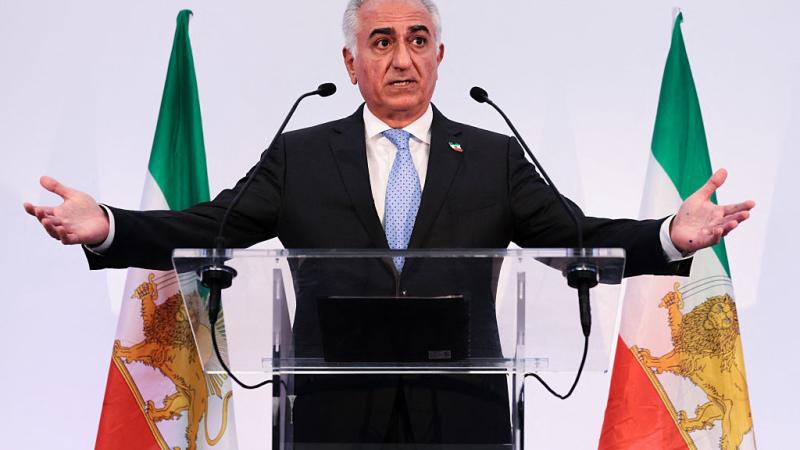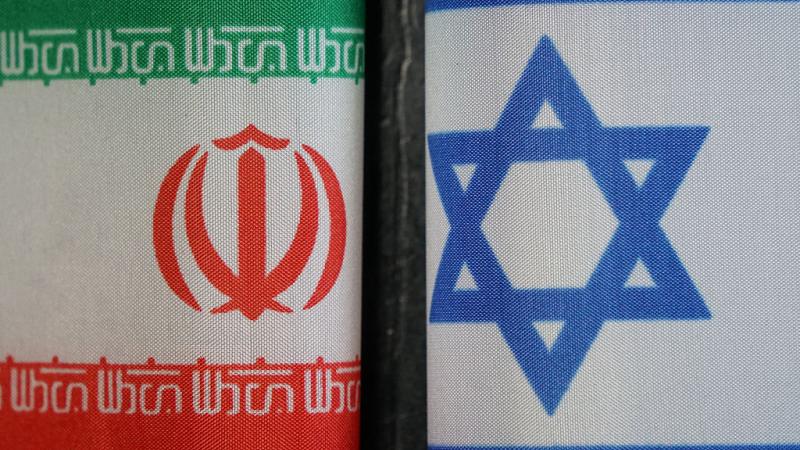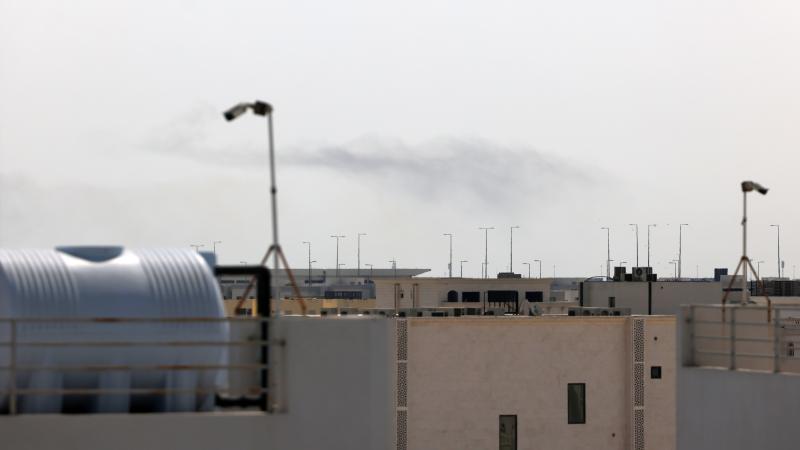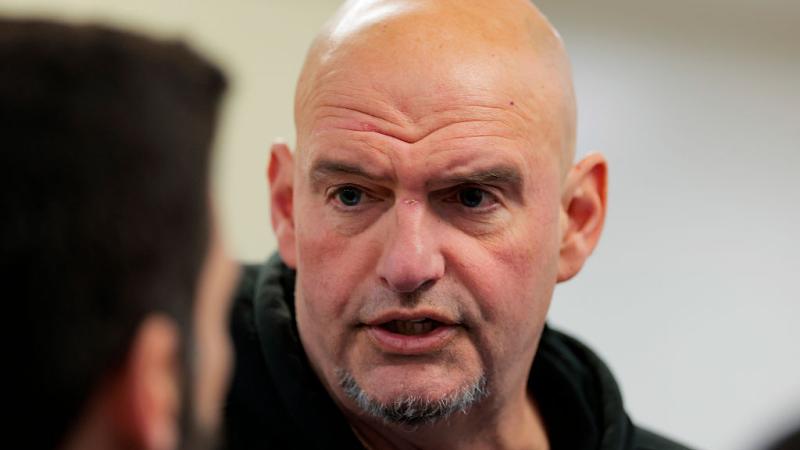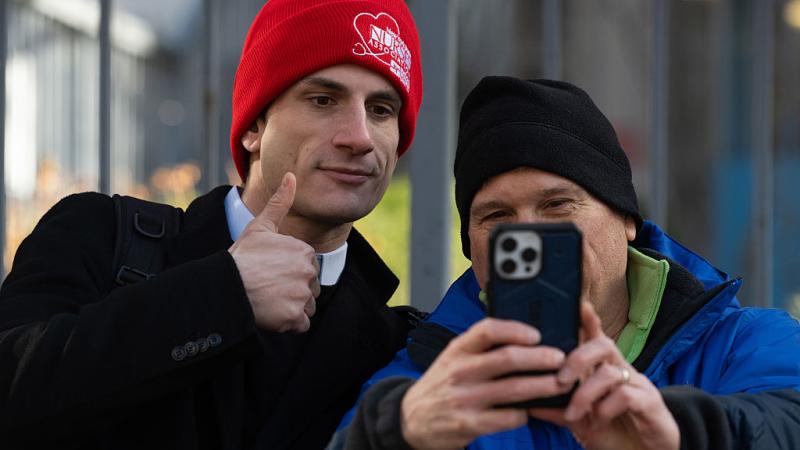Internal split within Hamas? A rift could explain new tactics against Israel, experts say
The Israel Defense Forces are poised to exploit the split, and attack leaders on both sides.
The rapid escalation of violence between Israel and Palestinians was inevitable, and yet contains surprising elements that may in part signify a political rift within the Gaza-based Hamas organization, experts said.
Hostility has erupted three times this century, and has been simmering for decades, according to Yossi Mekelberg, an Israel expert at the Chatham House think tank in London. But, while Israel in the current fight is characteristically hitting the enemy hard, Hamas has launched a particularly aggressive new move, targeting Jerusalem, Tel Aviv, and other heavily populated areas, Mekelberg noted.
The move drew swift response from Israel.
"Hamas made a mistake when it conducted that launch eight days ago toward Jerusalem," said the IDF's chief of staff, Aviv Kohavi. "They didn’t think what happened would happen."
The aggressive action brought notice from longtime observers.
"Why would Hamas fire rockets and make the situation worse, knowing that Israel will hit Gaza hard?" asked the Brookings Institution's Daniel Byman.
The answer is complex, he and others said.
"To start with, Hamas has an unsteady balance of power," an Israeli intelligence official told Just the News. "The leadership does not agree on how to proceed regarding Israel." The organization's political leader, Yahya Sinwar, favors diplomacy, the intelligence officer said. Two others — Mohammed Deif in Gaza, and Ismail Haniyeh, in Qatar — want confrontation.
The disagreement is only part of what ails Hamas internally.
"Hamas has long faced a dilemma as it tries to balance its roles as the government of Gaza and as the leading Palestinian resistance group to Israel," Byman wrote in a Wednesday essay. "Neither seemed to offer a path to becoming the uncontested leader of the Palestinian national movement and ultimately defeating Israel."
Hamas has held power in Gaza since 2007, and has maintained its grip while facing international pressure and Israeli military actions.
"The isolation, however, prevents Gaza from growing economically and keeps the humanitarian situation dire," Byman wrote. "As a result, Hamas is unable to provide economic growth or other benefits to Gazans and demonstrate it is an effective leader of the Palestinians."
Attacks on Israel serve to solidify Hamas's position among its constituency.
"Military strikes by Hamas allow it to claim it is defending Palestinians while the Palestinian Authority stands by amidst, or even abets, the occupation through its cooperation with Israel," Byman wrote.
The strikes also are reckless — a sign of poor planning amid conflict within Hamas, the Israeli intelligence official told Just the News. But, he added, they also could mean that the aggressive wing is prevailing
The IDF is poised to exploit the split, and attack leaders on both sides.
"Mohammed Deif and Yahya Sinwar, were, and remain, in Israel's sights," said Eliezer Toledano, who leads the Israel Defense Forces Southern Command. Toledano noted on Sunday that the IDF "killed many senior Hamas leaders and we will continue to go after them in their underground lairs until the end of the fighting."
The violence likely will go on at least for two more days, according to Kohavi, the IDF chief of staff. But, he added, "The operation will continue as long as it must."



